life insurance that isn't confusing
Life insurance the easy way
We'll help you get the right protection for you and your family
What is life insurance?
In simple terms, life insurance covers your family or chosen dependents with a lump sum pay-out when you die. You make monthly payments to the insurer in case anything happens to you during the duration of the policy, known as the ‘term’. If you do pass away during the ‘term’ your insurer will pay a lump sum of money that you agreed on to your family, known as the ‘sum assured’. Your family can then use this lump sum to clear any debts, mortgage, childcare if necessary or day to day expenses.

Types of Life Insurance
Single Life Insurance
A single life insurance policy covers one person. You choose a beneficiary who receives the payout when you die. This could be your partner, child, or anyone you select. You can change the beneficiary by writing the policy in trust. Single life insurance is flexible and can suit various personal situations, ensuring financial protection for your chosen recipient.
Joint Life Insurance
Joint life insurance covers both people in a relationship under one policy. It's often cheaper than two separate policies and protects both partners' financial contributions. The policy pays out once, usually when the first person dies. The payout should cover at least your mortgage, but you can add extra for bills and family expenses. If you both die together, the money goes to your estate or directly to beneficiaries if the policy is in trust.
There are three main types of policy. Two have fixed terms, usually for a period of time, while the other is indefinite:
The total sum insured is the same amount no matter when you pass away during the policy, provided it is still active.
Decreasing-term Insurance
The pay-out decreases as the policy term goes on. This type of policy is designed to cover long-term financial commitments like mortgages, because as time goes on, your dependants will have less to pay off if you die.
Also known as ‘life assurance’, this type of policy covers your whole life and is guaranteed to pay out when you die. Whole-of life insurance is more expensive than the other two types because there will always be a pay-out at the end.

EXCELLENTTrustindex verifies that the original source of the review is Google. Nigel Rowe at multi quote was brilliant, nothing was too much trouble for him, he sorted life insurance for both me and my husband and even though mine was more complicated he still made everything easy and trouble free from start to finish. This gentleman is highly recommended.Trustindex verifies that the original source of the review is Google. Yesterday, I called and spoke with Mr Nigel Rowe who I have dealt with in the past and I always remember what he said before, if I had any problems to call him and he would offer his help. I wanted to know if he had any experience with dealing with "Powers of Attorney". Nigel is an excellent communicator and I value his opinion and advice on the information he gave me. Nigel is a great ambassador for the company he works with and a pleasure to deal with. Thank you Nigel for an outstanding customer service which is greatly appreciated.Trustindex verifies that the original source of the review is Google. First class personal service. I have used this company on more than one occasion and I can’t recommend them highly enough.Trustindex verifies that the original source of the review is Google. Nigel was extremely helpful when I needed to find both life and critical illness coverage. He worked promptly and provided me with a range of potential solutions, explaining the benefits and limitations of each. The process was simple and effective, resulting in my purchasing the cover I needed. Thank you Nigel, for the professional advice and tailored support. I highly recommend Nigel, and would not hesitate to use his services again in the future.Trustindex verifies that the original source of the review is Google. Very helpful and what was really appreciated was Nigel was not pushy about the service, didn't feel that I had too use this service, would definitely recommendTrustindex verifies that the original source of the review is Google. Absolutely fantastic service, completely put my mind at ease, simple, fast and effective and very very friendly, look forward to continuing this journey with Nigel.Trustindex verifies that the original source of the review is Google. Nigel was amazing. I had so many requirements and requests. Nigel handled all of these professionally and explained everything in detail, tweaking where necessary. It has given my husband and I peace of mind knowing that if something happens we and our family are protected. I could not recommend highly enough, quick, professional and personal service.Trustindex verifies that the original source of the review is Google. Great service. Nigel is very professional and friendly. Would recommend.Trustindex verifies that the original source of the review is Google. What a fantastic company. Everything was explained so easily and I can now relax in case anything happens. Thank you so much.Verified by TrustindexTrustindex verified badge is the Universal Symbol of Trust. Only the greatest companies can get the verified badge who has a review score above 4.5, based on customer reviews over the past 12 months. Read more
How we work
Life Insurance FAQs
How much do you pay for your life insurance?
Your Personal Details:
This can include your age, your current health, any past health conditions plus your family health history. Your lifestyle can also affect the cost, an unhealthy lifestyle can increase your premiums, including smoking. Dangerous hobbies or jobs that place you at risk can also affect your monthly premiums.
When does life insurance pay out?
Does life insurance cover terminal illness?
What if I don't die - Will my life insurance policy pay out?
Do I need life insurance?









